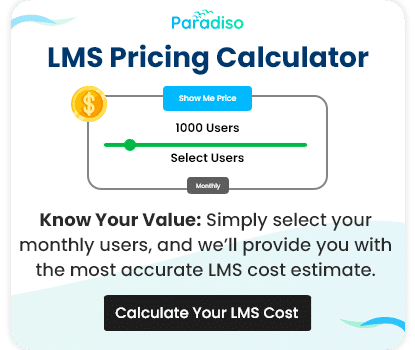To ensure GDPR compliance for your Learning Management System (LMS), you must start by conducting a thorough data audit to identify and categorize personal data processed within the LMS.

We have
something for you!
Are you still figuring out which LMS is the best? Grab the chance to explore the LMS Buyer's Guide and get started.











